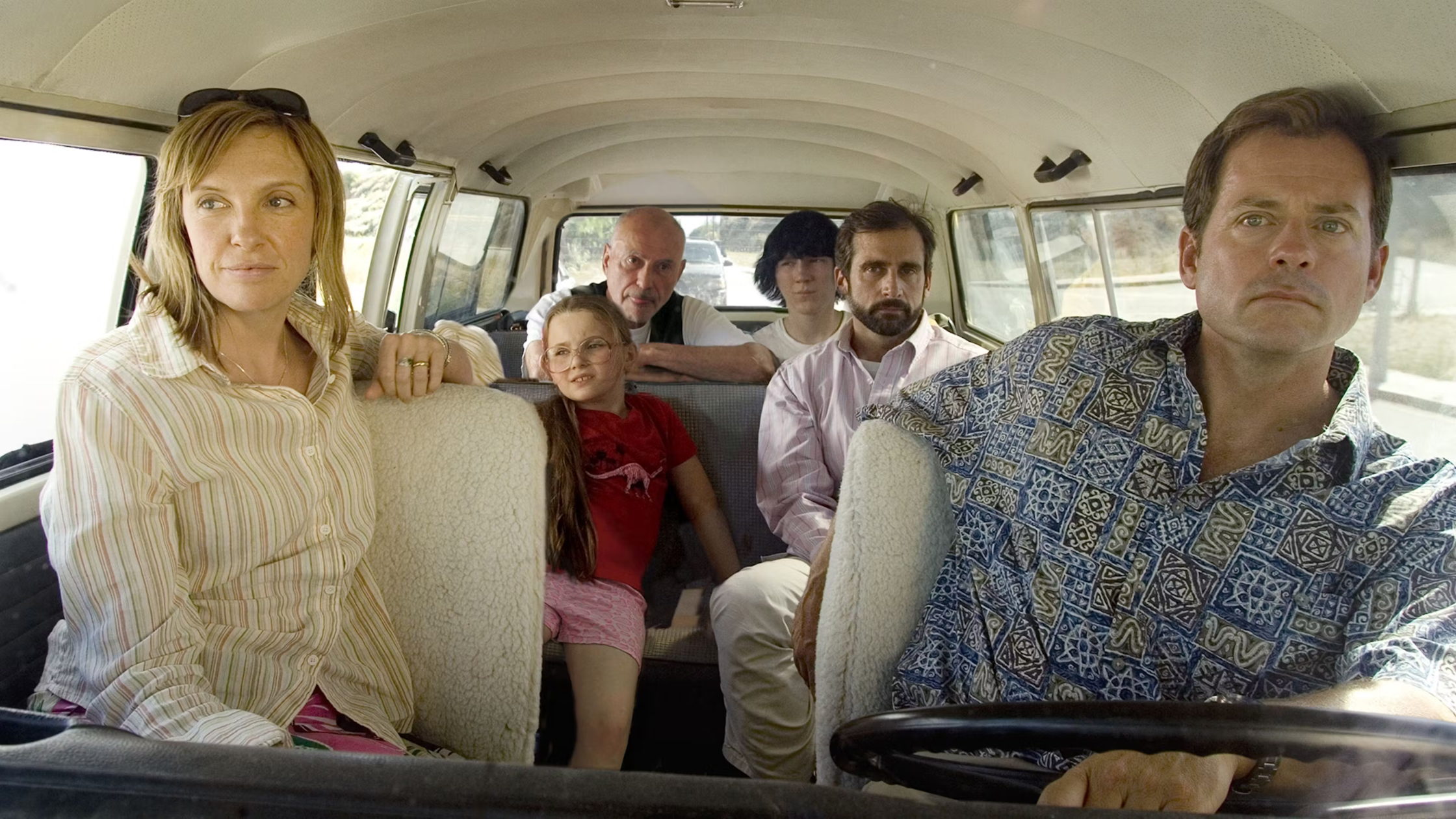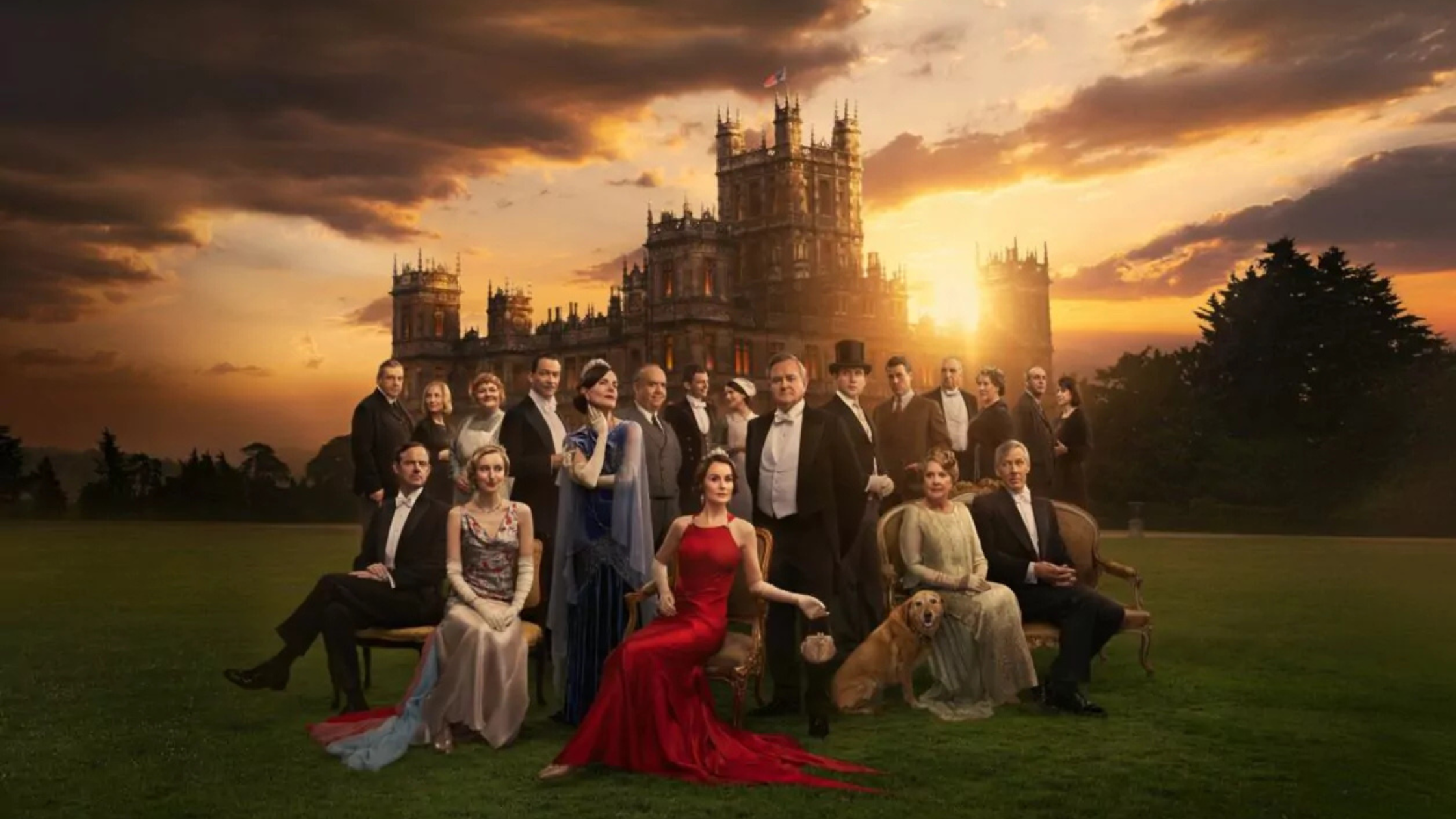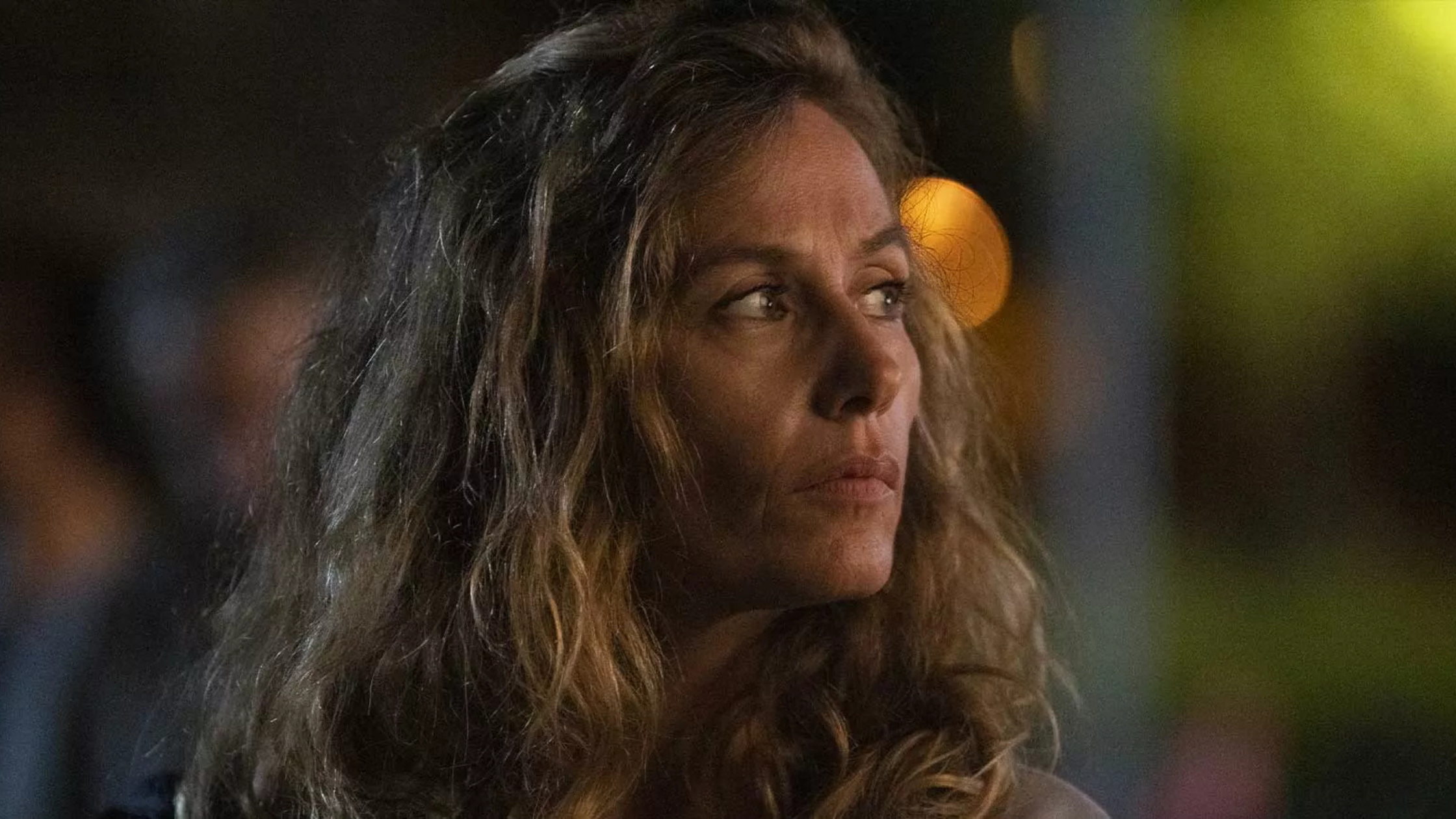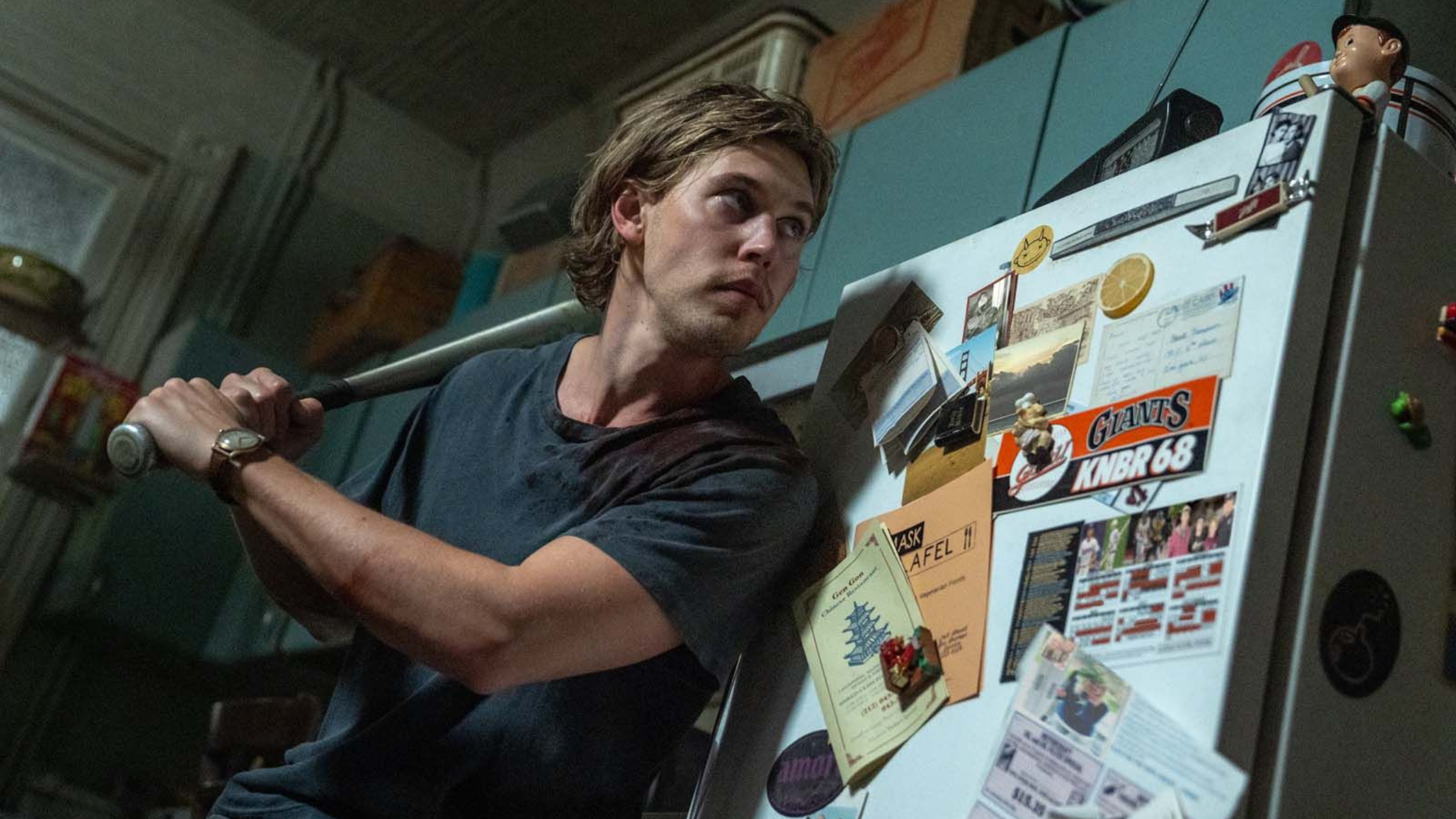
Une famille à la dérive sur la route du rêve
Little Miss Sunshine s’ouvre comme un simple road movie : une fillette, Olive, rêve de participer à un concours de beauté.
Mais pour la famille Hoover, ce voyage va devenir un chemin d’éveil collectif.
Chacun porte sa propre fissure :
- un père obsédé par la réussite,
- une mère qui s’épuise à sauver les apparences,
- un frère mutique en crise existentielle,
- un grand-père marginal,
- un oncle brisé par la vie,
- et au milieu d’eux — Olive, petite lueur d’espoir dans un monde qui confond bonheur et performance.
Le rire comme antidote à la défaite
Le film repose sur une idée simple et puissante : échouer ensemble vaut mieux que réussir seul.
Sur la route poussiéreuse de l’Amérique, la famille Hoover se découvre dans le chaos.
Les disputes, les pannes, les silences deviennent autant d’occasions de réapprendre à s’aimer.
Sous la comédie, c’est une tragi-farce humaniste : celle de la survie émotionnelle dans une société obsédée par le succès.
“Dans la vie, on n’est pas toujours gagnant. Mais y aller, c’est déjà gagner un peu.”
Un miroir de nos fragilités
Chaque personnage incarne une facette de la fragilité humaine :
- Greg Kinnear, père rationnel et maladroit, illustre la tyrannie de la réussite.
- Toni Collette, mère épuisée mais aimante, tient la cellule à bout de bras.
- Steve Carell, bouleversant dans un contre-emploi dramatique, rappelle que la dépression peut frapper les plus lucides.
- Paul Dano, adolescent en rupture, fait du silence un cri.
- Alan Arkin, grand-père tendre et provocateur, redonne de la vie à la folie.
- Et Abigail Breslin, magnifique Olive, nous ramène à l’enfance pure — celle qui ose être sincère dans un monde de faux-semblants.
Une poésie de la route
Le van jaune Volkswagen devient le symbole d’une tribu cabossée mais tenace.
Il tombe en panne, redémarre en côte, vacille dans le bruit du moteur : une métaphore du corps familial.
La musique de DeVotchKa, mélancolique et solaire, accompagne le film comme une respiration : guitares folk, rythmes légers, émotion à fleur de peau.
Chaque note semble dire : continue à avancer, même si le monde te regarde de travers.
La beauté du ratage
La scène finale du concours de beauté reste l’un des moments les plus puissants du cinéma des années 2000 : Olive, avec son numéro maladroit et touchant, brise la mascarade du conformisme.
Sa famille, réunie autour d’elle, monte sur scène pour danser — non pas pour gagner, mais pour revendiquer le droit d’être soi.
C’est toute la beauté du film : célébrer les perdants magnifiques, les rêveurs écorchés, ceux qui avancent malgré tout.
Un casting d’orfèvres
- Greg Kinnear : père dépassé par ses certitudes.
- Toni Collette : cœur battant du film, entre courage et désarroi.
- Steve Carell : bouleversant dans sa retenue.
- Abigail Breslin : solaire, naturelle, inoubliable.
- Alan Arkin : oscarisé pour un rôle d’iconoclaste au grand cœur.
Chacun livre une leçon d’humilité, une sincérité rare dans le cinéma américain contemporain.
Verdict
Note : 10/10
Une comédie lumineuse et intelligente, tendre et cruelle à la fois.
Little Miss Sunshine rappelle que l’échec est une forme de victoire quand il nous ramène à l’essentiel : l’amour, la famille, et le droit d’être imparfait.
Un classique moderne, toujours aussi nécessaire.
Pourquoi voir Little Miss Sunshine ?
- Pour sa sincérité désarmante.
- Pour son humour doux-amer et sa tendresse universelle.
- Pour la performance d’Abigail Breslin, cœur du film.
- Parce que c’est un antidote à la morosité et un hymne à l’imperfection.





Soyez le premier à commenter